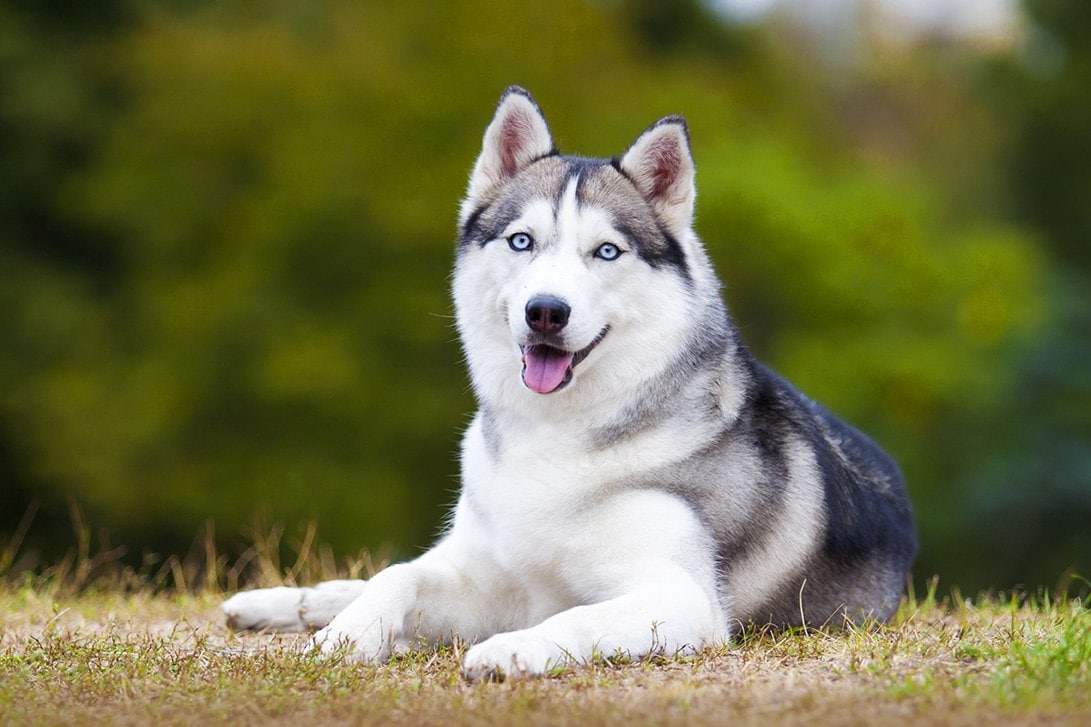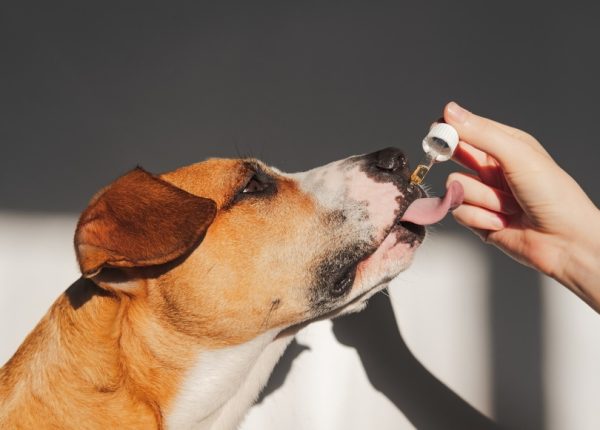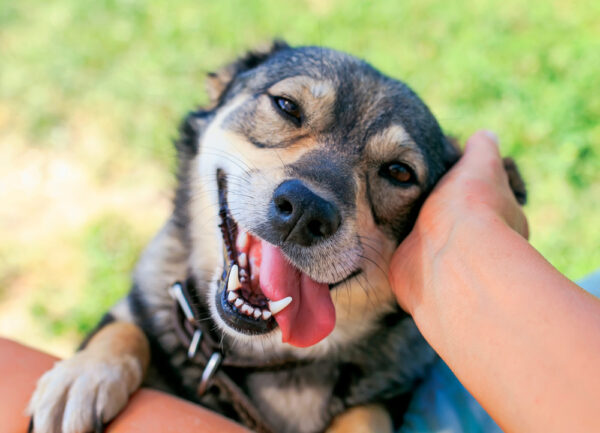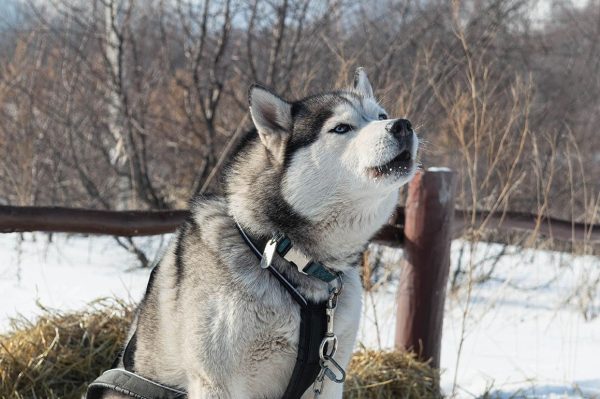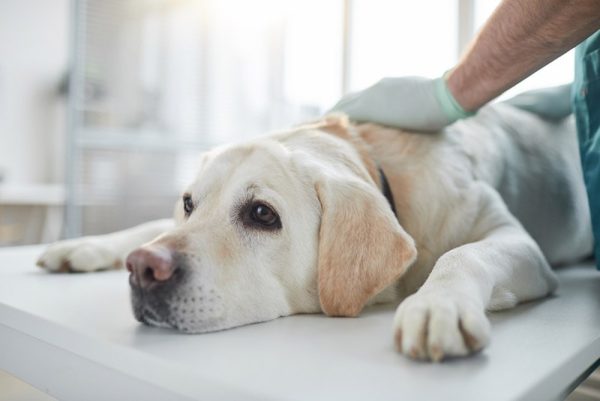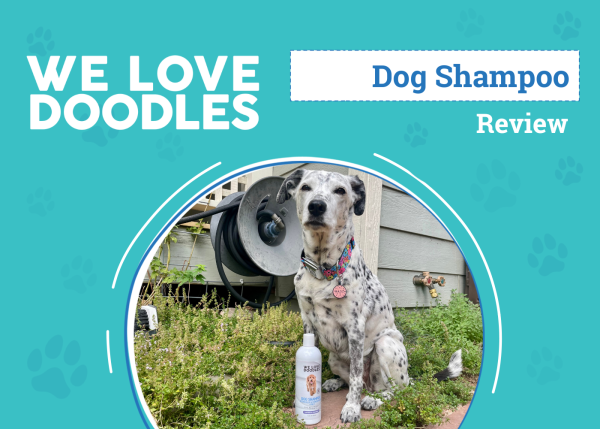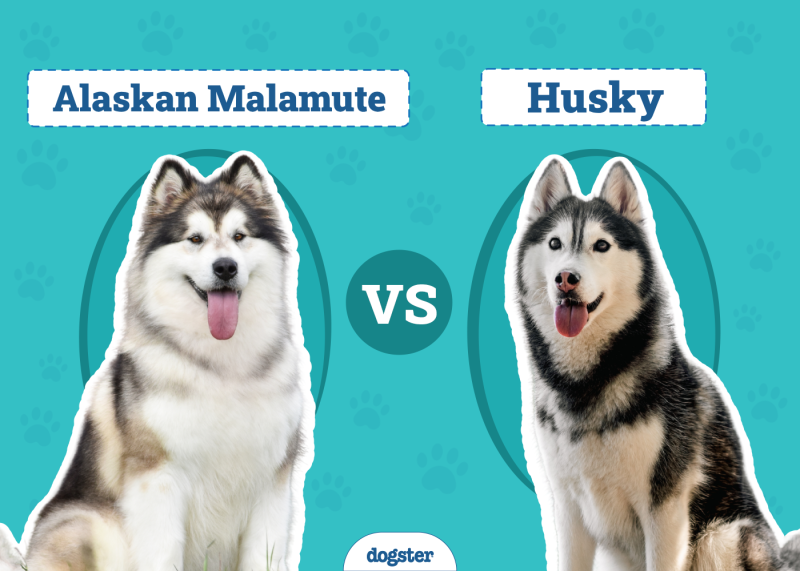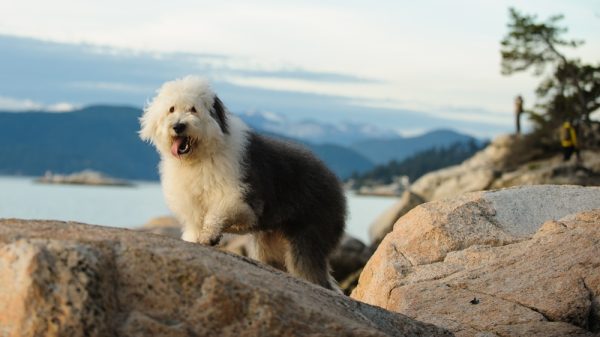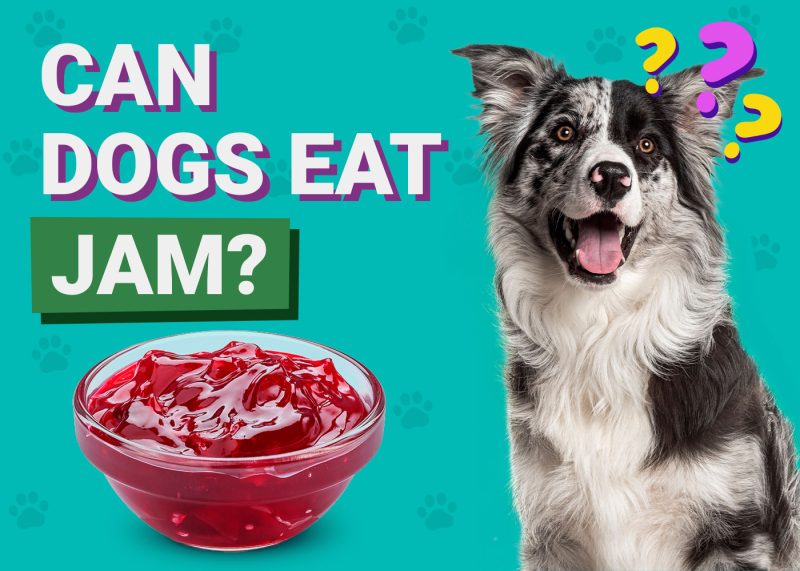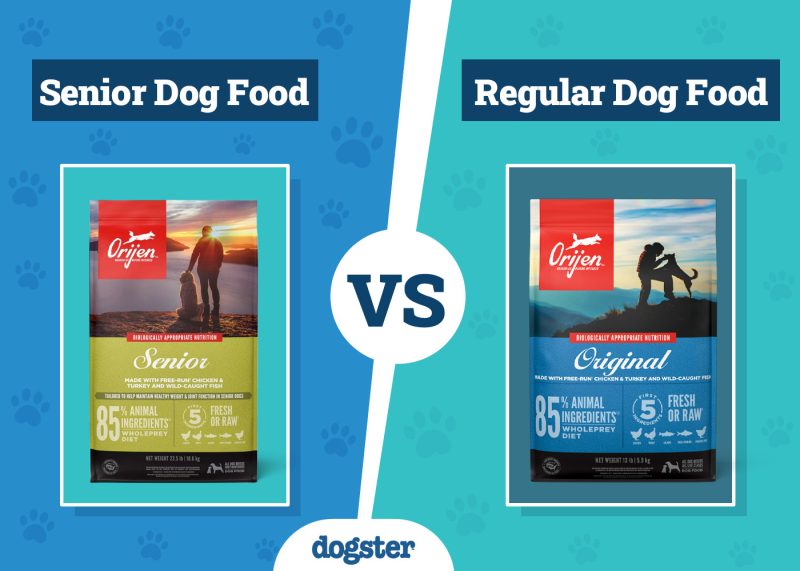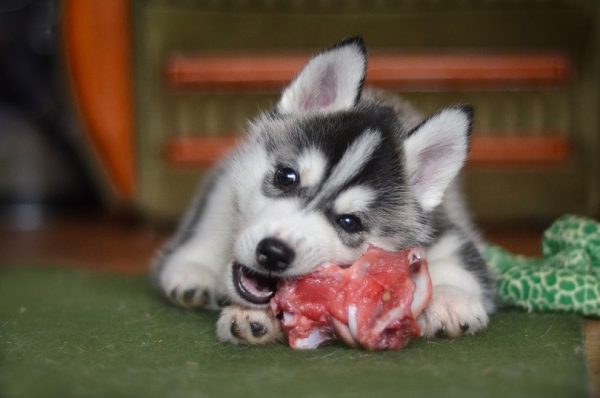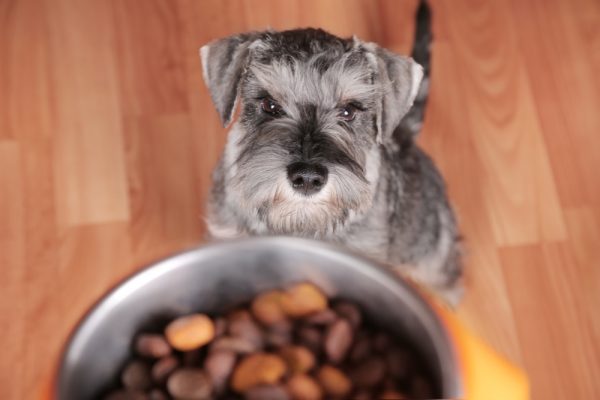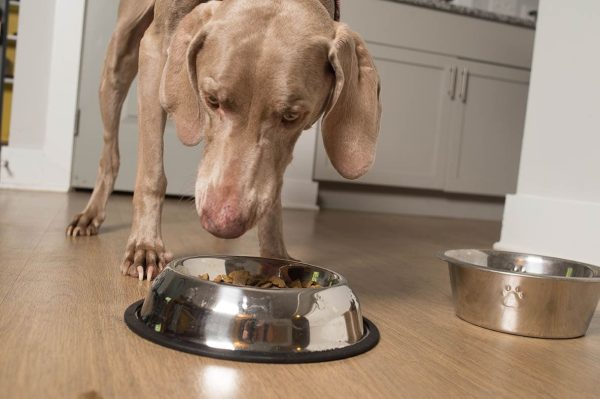In this article
We love our dogs, but that doesn’t mean that cleaning up after them isn’t a hassle. If you are looking for a low-shedding dog to minimize some of your regular clean-up duties, Huskies are not for you. These dogs are known to shed more than the average canine, so your house will have no shortage of dog fur.
If you want to learn more about the Husky’s coat, including why Huskies shed so much and how you can help to reduce it, this article will discuss that and more.

What Are Huskies Coats Like?
Huskies are thickly coated, fluffy dogs with medium-length double coats. Their coats are designed to keep them warm in cold temperatures, which makes sense since they were first bred in frigid locations. Their fur is long and fine, while their undercoat has an almost cotton-like texture.
Although Huskies shed often, they do not need to be groomed too frequently. Huskies are excellent at grooming themselves and go to great lengths to keep themselves clean.

Why Do Huskies Shed So Much?
Huskies shed throughout the year, but they shed much more often during the spring and fall. This excessive shedding usually happens twice a year, but some Huskies only experience it once per year.
Huskies shed more often during certain times of the year because they are blowing their undercoat, and you will notice your house collecting even more fur than usual.
However, if you think your Husky is shedding excessively (as in, more than even a high-shedding dog should), there could be underlying reasons.

Reasons that Your Husky May Shed More Excessively than Normal
Although Huskies are naturally high-shedding dogs, excessive shedding could occur due to a health problem. If your Husky is shedding at an abnormally high rate, look at some of the possibilities below.
Life Stage
Your Husky’s life stage will affect how much it sheds. Puppies are known to shed more when they are removing their puppy coats, and senior dogs tend to shed more than adults.
Dietary Issues
A dog’s diet can affect the health of its coat. If your dog is shedding excessively, it could be due to a lack of necessary nutrition.
Poor nutrition can lead to a dry, brittle coat and abundant shedding. If you have noticed a dullness or flatness in your Husky’s coat, there is a chance that their diet is not providing sufficient nourishment to their skin and coat. Talk to a vet about the food you are feeding your dog and see if any changes can be made to restore the health of your dog’s fur.
If you need to speak with a vet but can't get to one, head over to PangoVet. It's our online service where you can talk to a vet online and get the personalized advice you need for your pet — all at an affordable price!
Pests
Fleas, ticks, and other pests may cause your Husky’s extra shedding. If you have noticed your dog itching more often than usual, inspect their skin and fur to see if any pests have made themselves at home in the coat.
Underlying Medical Condition
It is possible that your Husky’s excessive shedding is related to a medical complication. Hormonal imbalances, bacterial infections, and more can all lead to issues with your dog’s skin and coat. Watch for signs of a medical condition by noting signs such as vomiting, lethargy, change in appetite, and heightened thirst and urination. If you notice any of those issues and suspect a medical concern may be the cause, reach out to a vet right away.

How to Manage Husky Shedding
No matter how healthy your Husky is, it will shed a lot. You will never be able to stop your dog from shedding, but you can learn to manage it.
The best way to minimize the amount of fur strewn around your house is to brush your Husky regularly. Weekly brushings are ideal during normal seasons, but when your Husky is blowing its undercoat, you will want to brush it daily. In addition to a brush, use a de-shedding tool. They are especially helpful during high-shedding seasons, as they help remove dead fur trapped under your Husky’s thick coat. Bathing your dog regularly will also help.
A proper and healthy diet will keep the coat in good condition, making it more resilient and less apt to shed. Likewise, good hydration will keep your dog’s skin nourished, preventing excessive fur loss.
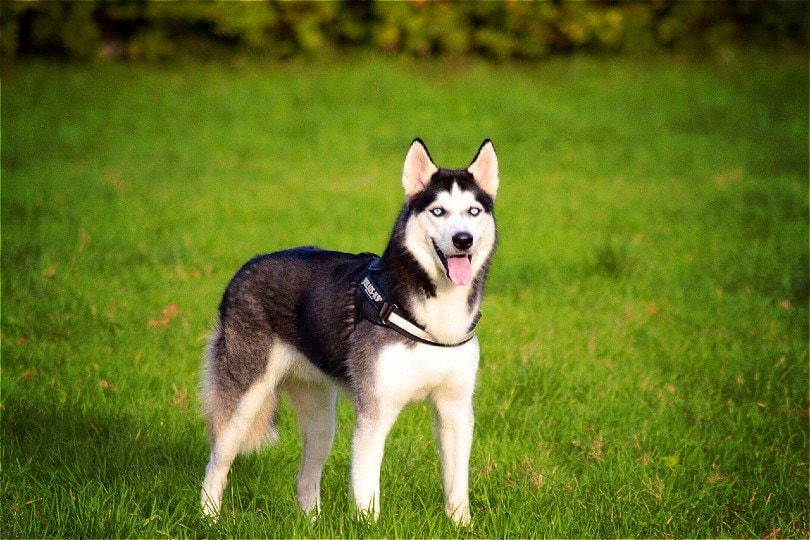

Minimizing Pet Fur in the Home
Even if you keep up with your Husky’s regular grooming, fur will still accumulate around your house. Thankfully, there are some tips you can follow to minimize the amount of hair lying around your home.
Use the Right Tools
Vacuum cleaners are essential for Husky owners, and the best models include extensions that can get into corners and tough-to-reach nooks. For furniture, you can lay sheets over the couches and armchairs to try and reduce the amount of fur stuck to the fabric. But if you don’t like that idea, try using lint rollers.
Replace Air Filters
Air filters are invaluable for anyone who suffers from dog allergies. Loose pet hair and dander can trigger a person’s dog allergies, so eliminating as much of it as possible is ideal. Frequent air filter changes will reduce the free-floating fur and dander in your house and make breathing easier.

Summary
Huskies are known to be high-shedding dogs, but that doesn’t mean you have to surrender your house to the loose clumps of dog fur. By managing your dog’s grooming and health, you can reduce the amount of dog hair in your home. Likewise, cleaning your home and replacing the air filters will keep your Husky’s shedding in check.
Featured Image Credit: Sbolotova, Shutterstock
